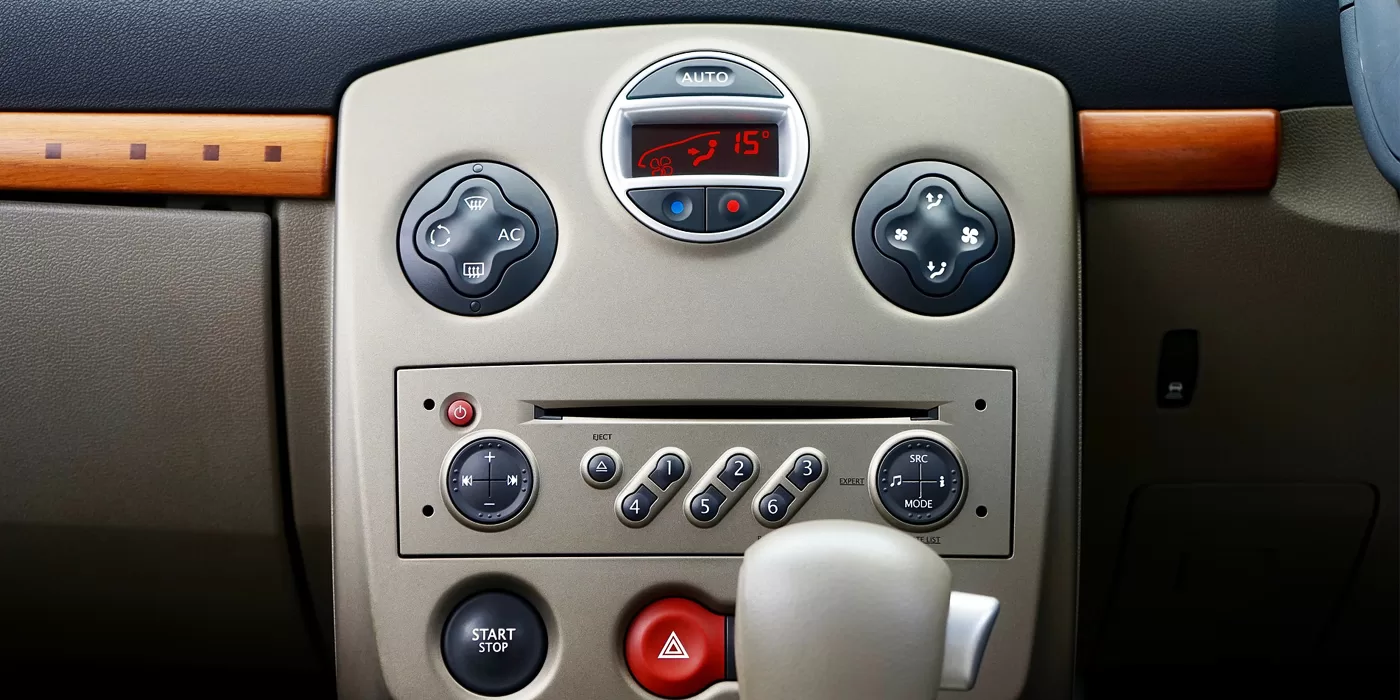Does car ac consume fuel?
Introduction:
The car air conditioning system is a vital component in hot weather conditions. By chilling the air within the car, it is in charge of controlling the temperature inside. However, one question that comes to mind when using the car air conditioning system is whether it consumes fuel. We will explore whether the car air conditioning system consumes petrol. We will look at the working of the car air conditioning system, how it cools the air, and the energy sources used for its operation. further, we also look at the fuel consumption of a car air conditioning system, how it affects fuel economy and ways to minimize fuel consumption.
How does a car air conditioning system work?
To understand whether the car air conditioning system consumes fuel, we need to know how it works. The car air conditioning system comprises several components that work together to cool the air inside the vehicle. These components include the compressor, evaporator, condenser, and expansion valve.
The compressor is the heart of the car air conditioning system, and it is responsible for compressing the refrigerant gas and pumping it into the condenser. The condenser is a heat exchanger that removes heat from the compressed refrigerant gas and turns it into a high-pressure liquid. A low-pressure liquid sends the high-pressure fluid through the expansion valve.
The low-pressure liquid then passes through the evaporator, another heat exchanger. The evaporator removes heat from the surrounding air and turns the low-pressure liquid into a low-pressure gas. The low-pressure gas is then sent back to the compressor, where the cycle starts again.
Does a car air conditioning system consume fuel?
The answer to this question is yes. The car air conditioning system does consume fuel. However, the fluid in the car air conditioning system is relatively small. The fuel consumption of a car’s air conditioning system varies depending on several factors, such as the make and model of the auto, the outside temperature, and the interior temperature setting.
The amount of fuel used by an automobile’s air conditioning system with the compressor, which is in charge of condensing the refrigerant gas. The compressor has the car’s engine, which draws power from the engine. This power draw leads to a slight reduction in fuel economy.
How does the car air conditioning system affect fuel economy?
As mentioned earlier, the car air conditioning system consumes fuel, and this consumption affects fuel economy. The more the car air conditioning system more it consumes and the lower the auto’s fluid. Additionally, the fuel consumption of the car air conditioning system increases as the temperature difference between the inside and outside of the vehicle increases.
According to studies, the use of the car air conditioning system can lead to a reduction in fuel economy by up to 20%. For example, if a car has a fuel economy of 30 mpg, the air conditioning system can reduce it to 24 mpg.
Ways to minimize fuel consumption of a car air conditioning system:
There are several ways to minimize the fuel consumption of a car’s air conditioning system. These include:
- Park in the shade: Parking your car in the shade can help reduce the temperature inside the vehicle and the need for the car’s air conditioning system.
- Use a sunshade: Using a sunshade on the windscreen can also help reduce the temperature inside the vehicle and the need for the car’s air conditioning system.
- Use the car air conditioning system sparingly: Using the car air conditioning system sparingly can help reduce fuel consumption. For example, you can turn off the car’s air conditioning system when the outside temperature is cool enough or when driving at low speeds.
- Use the recirculate mode: Using the recirculate mode on the car air conditioning system can help reduce the work by recycling the cool air inside the vehicle.
- Service the car air conditioning system regularly: Regular servicing of air conditioning systems can help ensure that it operates efficiently, reducing the need for the compressor to work harder than necessary and consume more fuel.
Does car ac consume fuel-Conclusion:
In conclusion, the car air conditioning system swallows fuel, and the fluid consumed is small. The compressor of the car’s engine uses fluid for the air conditioning system. The use of the car air conditioning system can lead to a reduction in fuel economy, ways to minimize fuel consumption, such as parking in the shade, using a sunshade, using the car air conditioning system sparingly, using the recirculate mode and regular servicing of the car air conditioning system. By using these methods, you can reduce the fuel consumption of the car air conditioning system, leading to improved fuel economy and reduced emissions.
Does car ac consume fuel- FAQ
How much fuel does a car’s air conditioning use?
The amount of fuel that a car’s air conditioning system uses varies depending on several factors, such as the make and model of the auto, the outside temperature, and the interior temperature setting. However, using a car’s air conditioning system can reduce fuel economy by up to 20%.
For example, if a car has a fuel economy rating of 30 miles per gallon (mpg) without the air conditioning system, using the air conditioning system can reduce the fuel economy to 24 mpg. The air conditioning system can cause the car to consume around 20% more fuel.
It’s important to note fuel consumption may vary depending on the conditions under which the car is. For example, driving in hot and humid weather conditions, the air conditioning system to work harder, and higher fuel consumption. Similarly, driving at high speeds or with the windows down can also increase the drag on the car, leading to higher fuel consumption. Therefore, the air conditioning system sparingly fuels consumption wherever possible.
